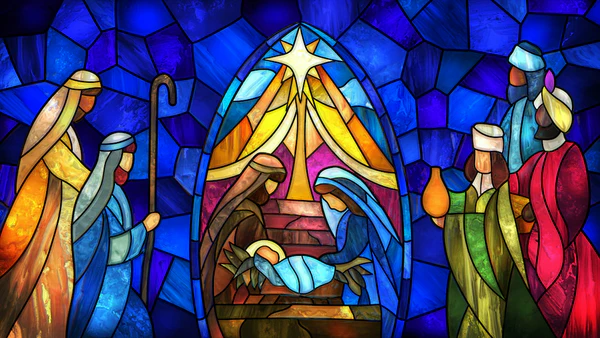Great theologians have spent countless hours and pages poring over the doctrines and creeds modern Christians confess as fundamental to their beliefs.
Sometimes it can feel like there is a chasm between the great seminary-trained minds in the pulpit and the layperson in the pew. Theology, however, is not limited to historical monks or ordained ministers. The call is to “love the Lord your God with all your heart and with all your soul and with all your mind” (Matt. 22:37, emphasis mine).
The Bible doesn’t say to love God with your podcast pastor’s mind or the Instagram influencer’s mind; you must engage with God yourself. Every college freshman, every stay-at-home mom, every retirement-age accountant can and should be a theologian.
Therefore, when a question about the doctrine of salvation is asked, it is important to search Scripture and traditions and to know the difference between the two. God’s sovereignty and man’s responsibility in the act of salvation are glorious mysteries that have been held in tension for centuries.
No matter where you land in your investigation, it is essential that God’s glory and Christ’s exaltation remain the primary purpose and desire of your search. “Let the one who boasts, boast in the Lord” (2 Cor. 10:17).
Hot topics
Most of us are woefully ignorant of church history. Have you ever blankly smiled and nodded when church people say they are “reformed,” while internally questioning if you missed the Kool-Aid? If everyone today is “reformed,” what is the opposite? What do tulips have to do with God’s sovereignty? As soon as the question is suggested, “Are we saved by God’s sovereign predestination or by man’s free will?” most of us automatically condense the answer into the categories of “Calvinism v. Arminianism.” By doing so, we reduce a robust study of salvation into a narrow cross-section of a few hot topics.
You may be familiar with some of the headlines: Predestination or Free-will, Conditional or Unconditional Election, Eternal Security or Works-based Assurance. These are subjects that provoked the historical and modern theologians to dig deeply into the workings of salvation, but each question unravels a Pandora’s box of implications that must be carefully considered and defined. John Calvin did not define reformed theology nor Jacobus Arminius the theology of free will, but rather each offered exposition for elements within the greater doctrine of salvation.
We are Christ-followers
Calvin and Arminius were not the first theologians to form positions concerning salvation, but their contributions were highly influential. After the split from the Roman Catholic Church, the doctrinal statements of the reformed church were still being nailed down (like 95 theses to a door). Controversies arose between the followers of Arminius and Calvin, and a council named the Synod of Dort was called on to settle the disputes. The Arminians offered their five points of doctrine, and expectedly, the Calvinists rebutted all five. Despite the fact that it was written in another language, modern learners are most familiar with the English acronym TULIP that summarizes the main Calvinist doctrines from the Canon of Dort.
Like the ends of a rope pulled tightly, Calvin and Arminius stand rigidly on the opposite edges of tension. We do not, however, have to line up directly behind one or the other. Christians are always Christ-followers, not Calvin or Arminian followers. Christians may find themselves disagreeing (hold your shock) on nuances and semantics within orthodox faith. To understand completely the ways of God would make us gods ourselves, and we must hold fast to the humbling declaration, “For as the heavens are higher than the earth, so are [God’s] ways higher than your ways and [God’s] thoughts than your thoughts” (Is. 55:9).






